How to Show Up for Our Children with Tina Payne Bryson, PhD
Special Guest: Tina Payne Bryson, PhD
Parenting encapsulates so many different aspects of care when it comes to a child. We receive messages about paying attention to how children are doing in school, with friends, what they are eating, how much they are playing, how hard they are working, if they are reading enough, sleeping enough, getting outside enough and much, much more. And while all of this is important—what do you think is the most important thing that a parent can do to make the biggest difference in the long run? The research tells us, it’s all about showing up. In fact, studies show that the best predictors for how any child turns out in terms of happiness, academic success, leadership skills and strong relationships is whether at least one key adult in the life of a child has consistently and predictably shown up for them physical AND emotionally. So today, we are going to hone in on exactly how we can show up for the children in our lives so that they can thrive. For this conversation, we have invited best-selling author, Tina Payne Bryson, on the show today.

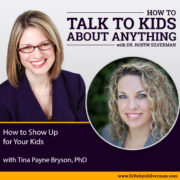
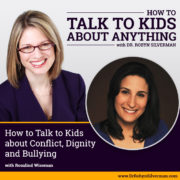
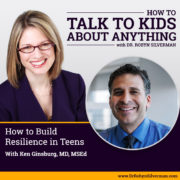
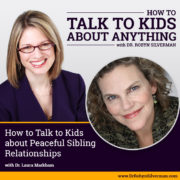
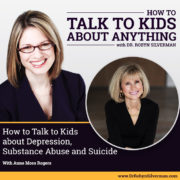
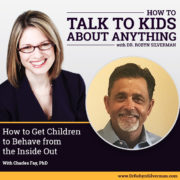
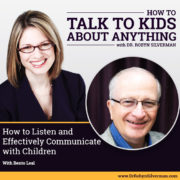
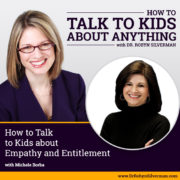
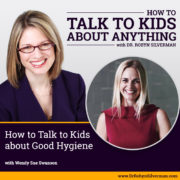
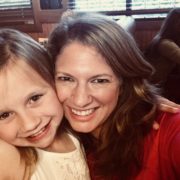
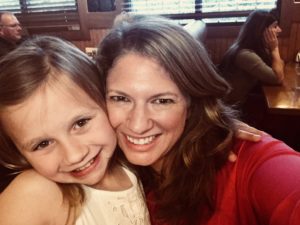 It was 1996, my Freshman year of college, when I came face-to-face with a truth that still follows me today- one unifying concern that almost all girls and women seem to share is that they want to change something about their bodies. I still remember when it happened, as it came as a surprise to me. One of my friends asked me if my thighs touched. This gifted young woman, with big brown eyes, a sharp brain and warm heart worried that how close her thighs were to the other cancelled out her talents, intelligence and overall value.
It was 1996, my Freshman year of college, when I came face-to-face with a truth that still follows me today- one unifying concern that almost all girls and women seem to share is that they want to change something about their bodies. I still remember when it happened, as it came as a surprise to me. One of my friends asked me if my thighs touched. This gifted young woman, with big brown eyes, a sharp brain and warm heart worried that how close her thighs were to the other cancelled out her talents, intelligence and overall value.